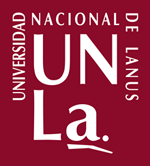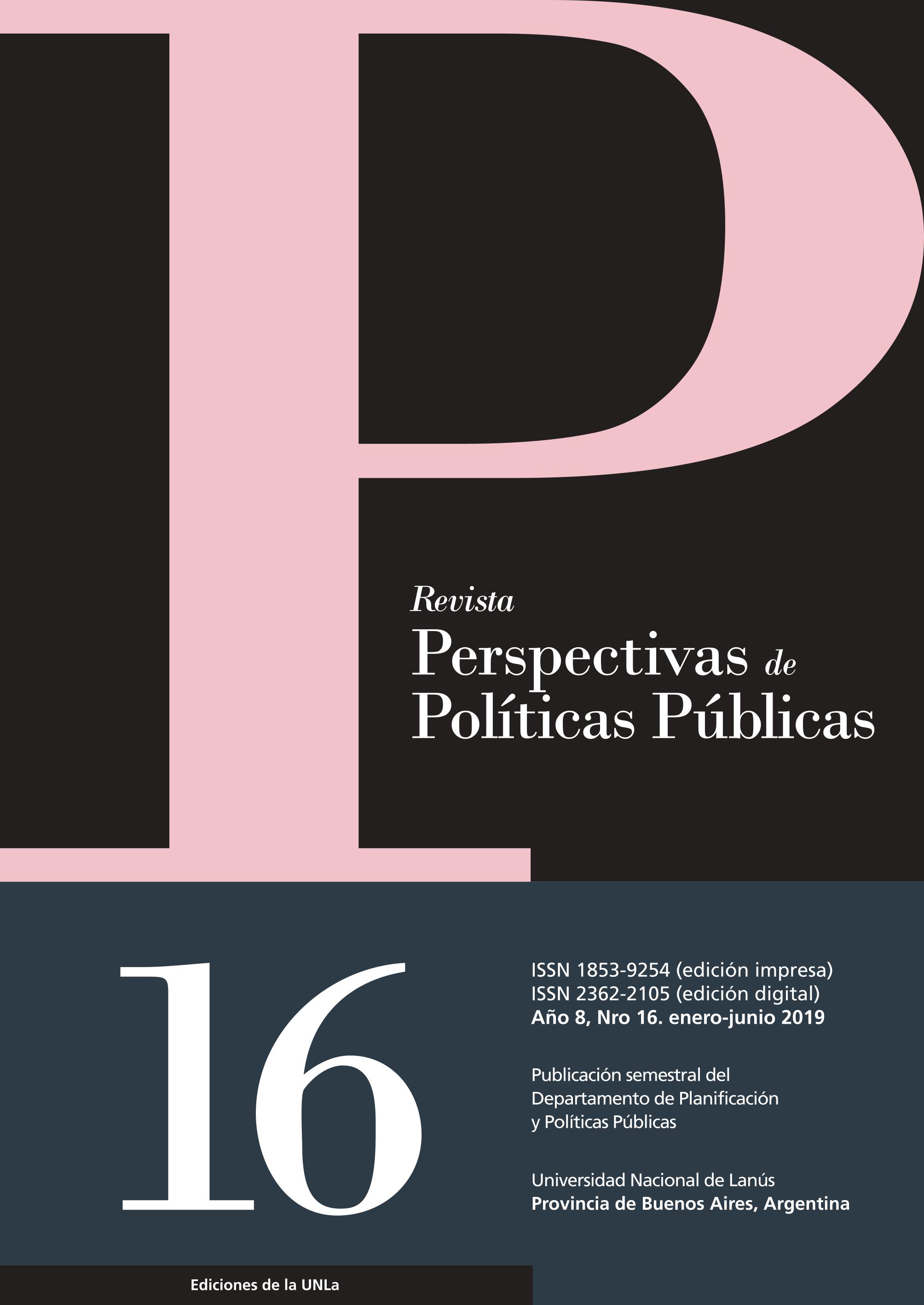Evaluation of Public Policies. An appraisal from Latin America and the Caribbean
Abstract
During the last decades, in Latin America and the Caribbean there has been a growing interest in the evaluation of, and from, public management. Its apparent novelty notwithstanding, in real life appraisal methods have been emerging or “submerging” in various ways for more tan half a century although without, up to now, an observation of the synchrony of required conditions (political will, technical capacity, institutional development, among others) that compromise its visibility in a sustained manner. In this article, six courses of action or routes are identified, characterized, and arranged, with their respective itineraries and intersections, in order to identify models of evaluation in order to achieve an understanding of the practice and the most outstanding guidelines in the assessment patterns in the institutional and societal imaginary. The main purpose of the article is to draw attention to the contents and forms of expression of such patterns of evaluation and their persistent heritage from previous conceptual models. Unawareness of such conceptual continuity frequently leads to an overlapping of theoretical approaches, methods, and assessment indicators –a situation reducing the possibilities of strengthening and consolidating a professional culture of policy-evaluation as a long-term and far-reaching purpose.






